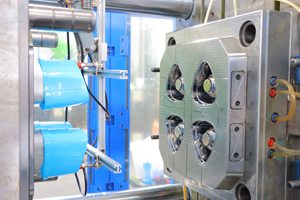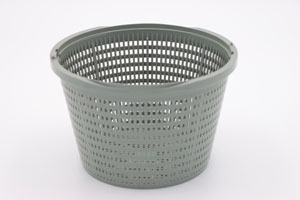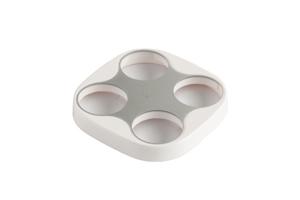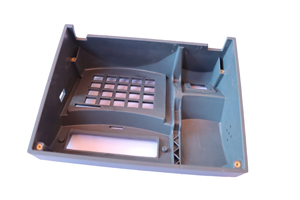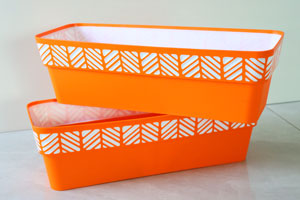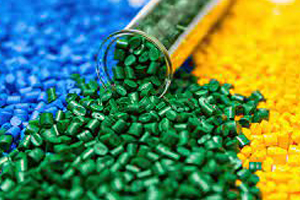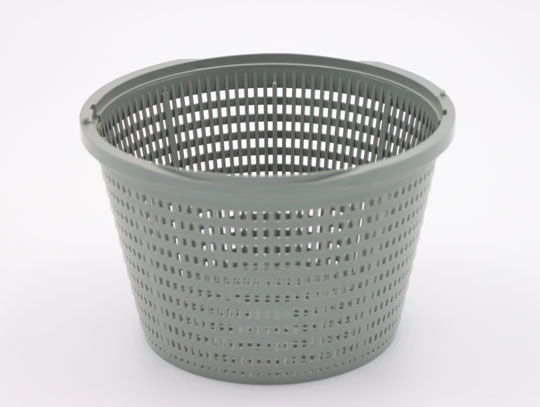Thermoset plastics refer to a type of synthetic resin that undergoes a chemical reaction, cross-linking and curing to become non-meltable substances under the action of heating, pressure, curing agents, or ultraviolet light. These resins are usually low molecular weight solids or viscous liquids before curing. During molding, they can soften or flow, displaying a certain degree of plasticity, allowing them to be shaped. Simultaneously, thermoset plastics undergo a chemical reaction to cross-link and cure, sometimes releasing by-products such as water. The thermoset injection molding process leverages this characteristic for molding and processing.
Characteristics of Thermoset Plastics
Before curing, the resins in thermoset plastics generally have linear or branched structures. After curing, chemical bonds form between molecular chains, creating a three-dimensional network structure. This structure makes thermoset plastics incapable of melting again and insoluble in solvents. Common thermoset plastics include phenolic resins, melamine-formaldehyde resins, epoxy resins, unsaturated polyester resins, and silicone resins. A key characteristic of thermoset plastics is that their curing process is irreversible: during the first heating, the plastic softens and flows. After heating to a certain temperature, a chemical reaction occurs, leading to cross-linking and hardening. Subsequent heating cannot soften or reflow the plastic.
Working Principle of Thermoset Injection Molding Process
The thermoset injection molding process leverages this characteristic of thermoset plastics. By the action of heating and pressure, the plastic softens and flows to fill the mold cavity, followed by curing and molding through a chemical reaction. Specifically, during the injection molding process, the thermoset plastic is heated by a screw or plunger to reduce its viscosity, then injected into a heated mold. Once the material fills the mold, sustained pressure is applied to trigger the chemical cross-linking of the polymer, hardening it and eventually curing it. The cured plastic products can no longer be remolded or remelted.
Advantages and Disadvantages of Thermoset Injection Molding Process
Compared to injection compression molding and die casting, the thermoset injection molding process has distinct advantages. The advantages include faster molding cycles (usually 2 to 3 times faster than compression molding and die casting), higher automation levels, good product production stability, lower labor costs, and higher production capacity. Through the thermoset injection molding process, efficient and stable production can be achieved.
However, there are also some disadvantages. First, compared to compression molding and die casting, thermoset injection molding requires higher equipment and mold investments. Secondly, compression molding can yield products with higher strength and better surface finish. Therefore, in some high-demand applications, compression molding might be more advantageous.
Applications of Thermoset Injection Molding Process
The thermoset injection molding process is widely used in electronics, electrical appliances, automotive, aerospace, and other fields, especially in the production of high-strength, heat-resistant, corrosion-resistant components such as electrical insulation parts, automotive interior parts, and various high-strength structural parts.
The thermoset injection molding process takes advantage of the unique properties of thermoset plastics. Through the heating and injection process, material filling and curing are completed within the mold. This process not only allows for the rapid and efficient production of high-strength plastic products but also offers high production stability and automation levels. Despite higher investments in equipment and molds, it still holds broad application prospects in many industries.

